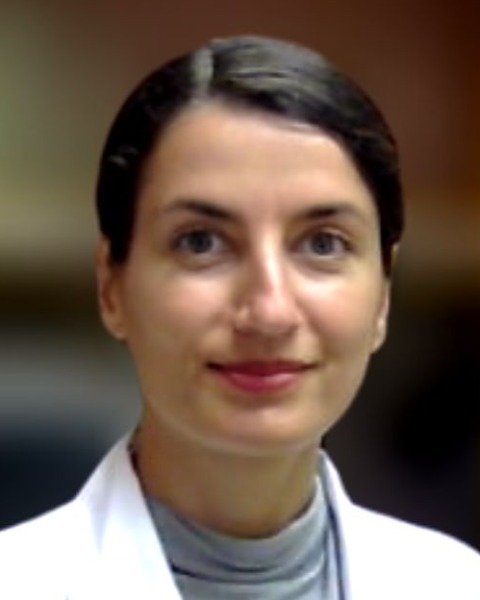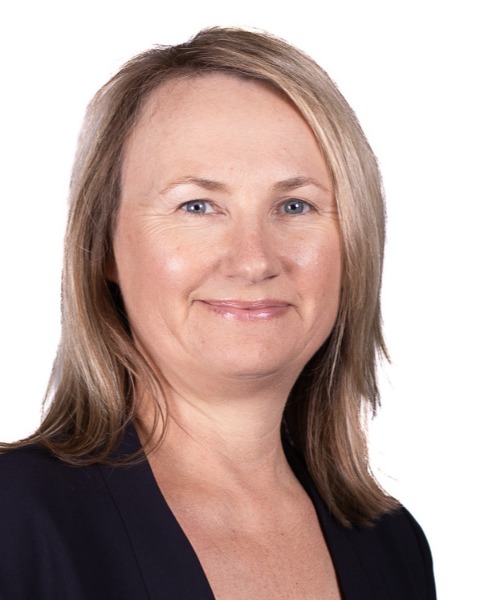Prevention
Education
Advocacy
Cardio Obstetrics
Nursing & Allied Health
Canadian Council of Cardiovascular Nurses(CCCN)
Canadian Association of Interventional Cardiology (CAIC)
322 - UNDERSTANDING CARDIOVASCULAR HEALTH AND DISEASE IN YOUNG WOMEN: PCOS, ASSISTED REPRODUCTION, PREECLAMPSIA & PREMATURE MENOPAUSE
-

Maria Lopez Laporte, MDCM FRCPC
Echocardiography Fellow
University of Ottawa Heart Institute
University of Ottawa Heart Institute -

Nazli Parast, EdD, MScN, BScN, RN, CDE, CBE, HC-CHM
Clinical Manager of Canadian Women's Heart Health Centre and Cardiac Prevention and Wellness Centre
University of Ottawa Heart Institute -

Beth Lynn Abramson, MD MSc FRCPC FACC
Cardiologist, Paul Albrechtsen Prof. of CV Prevention, U of T
St. Michael's Hospital
University of Toronto -

Natalie Dayan, MD MSc FRCPC
Associate Professor of Medicine
McGill University
McGill University -

Amy Johnston, PhD, CPH (she/her/hers)
Assistant Professor
University of Calgary
University of Calgary -

Inna Rabinovich-Nikitin, PhD
Assistant Professor
Institute of Cardiovascular Sciences
University of Manitoba -

Donna Vine, BSc Hon PhD (she/her/hers)
Program Director Dietetics
U of Alberta
U of Alberta, PCOS Together Lab -

Jonathan Windram, BSc (Hons), MBChB, MMEd, MRCP (UK), FCCS, FESC
Associate Professor
University of Alberta
Mazankowski Heart Institute -

Amy Johnston, PhD, CPH (she/her/hers)
Assistant Professor
University of Calgary
University of Calgary -

Laurie-Anne Boivin-Proulx, MD MSc (she/her/hers)
Interventional Cardiology Fellow
University of Ottawa Heart Institute
University of Ottawa Heart Institute -

Maria Lopez Laporte, MDCM FRCPC
Echocardiography Fellow
University of Ottawa Heart Institute
University of Ottawa Heart Institute -

Lisa Comber, BA, KTPC (she/her/hers)
Manager
Canadian Women's Heart Health Alliance
Canadian Women's Heart Health Alliance -

Nazli Parast, EdD, MScN, BScN, RN, CDE, CBE, HC-CHM
Clinical Manager of Canadian Women's Heart Health Centre and Cardiac Prevention and Wellness Centre
University of Ottawa Heart Institute -

Laurie-Anne Boivin-Proulx, MD MSc (she/her/hers)
Interventional Cardiology Fellow
University of Ottawa Heart Institute
University of Ottawa Heart Institute -

Habibat Garuba, MD, FRCPC, BScPhm (Hons)
Cardiologist, Director of the Canadian Women's Heart Health Clinic
CCS
University of Ottawa Faculty of Medicine -
MM
-
EM
-
EW
-
AW
Co-Chair(s)
Presenter(s)
Early Career(s)
Trainee(s)
Moderator(s)
Planning Committee Member(s)
Workshop Description: Young women are a uniquely challenging population that make many cardiologists uneasy. Traditional risk assessment tools, such as the Framingham risk score, do not capture the various risk factors that affect this population. Moreover, hormonal fluctuations throughout a woman’s life, whether they are physiologic or pathologic, play a key role in cardiovascular health and disease. In this workshop, we propose a deep dive into the interplay of hormones and heart health in young women, using the 4 P’s as examples to guide discussion. First, we will discuss Polycystic ovarian syndrome, a condition that affects 10% of premenopausal women, and that carries significant cardiometabolic disruption. Tips and tricks to evaluate cardiovascular risk in young women will be discussed. Then, we will tackle the hot topic of assisted reProductive technologies, and their impact on cardiovascular health, focusing on potential complications such as ovarian hyperstimulation syndrome and multiparity, and their impact on heart health. Third, we will explore the mechanisms underlying Preeclampsia-related adverse events and discuss optimal risk reduction interventions. Lastly, we will discuss the unique challenges of accelerated vascular aging and other adverse effects of Premature and early menopause.
To achieve these ambitious objectives, we have recruited a multi-disciplinary team of experts to guide our discussions. One of the strengths of our workshop is the breadth of expertise of our committee members and speakers, which encompass various disciplines, levels of training, and geographic representation across the country, allowing us to provide robust content for this important session.
We expect that this workshop will be of great interest to the general cardiologist as well as subspecialists and will provide a platform for expert discussion on the care of this unique population.
Learning Objectives:
- identify the interplay of polycystic ovarian syndrome (PCOS) and cardiovascular disease, and develop an approach to cardiovascular risk assessment in young women;
- recognize the potential cardiovascular effects of assisted reproductive technologies and the impact of parity on heart health;
- untangle the pathophysiological implications of preeclampsia and its associated short, medium and long-term risk for cardiac disease;
- understand Incident atrial fibrillation following hypertensive disorders of pregnancy; and
- understand the cardiovascular impact of early, premature, and medical/surgical menopause in young women, and review the risk assessment process for menopausal hormone therapy.
